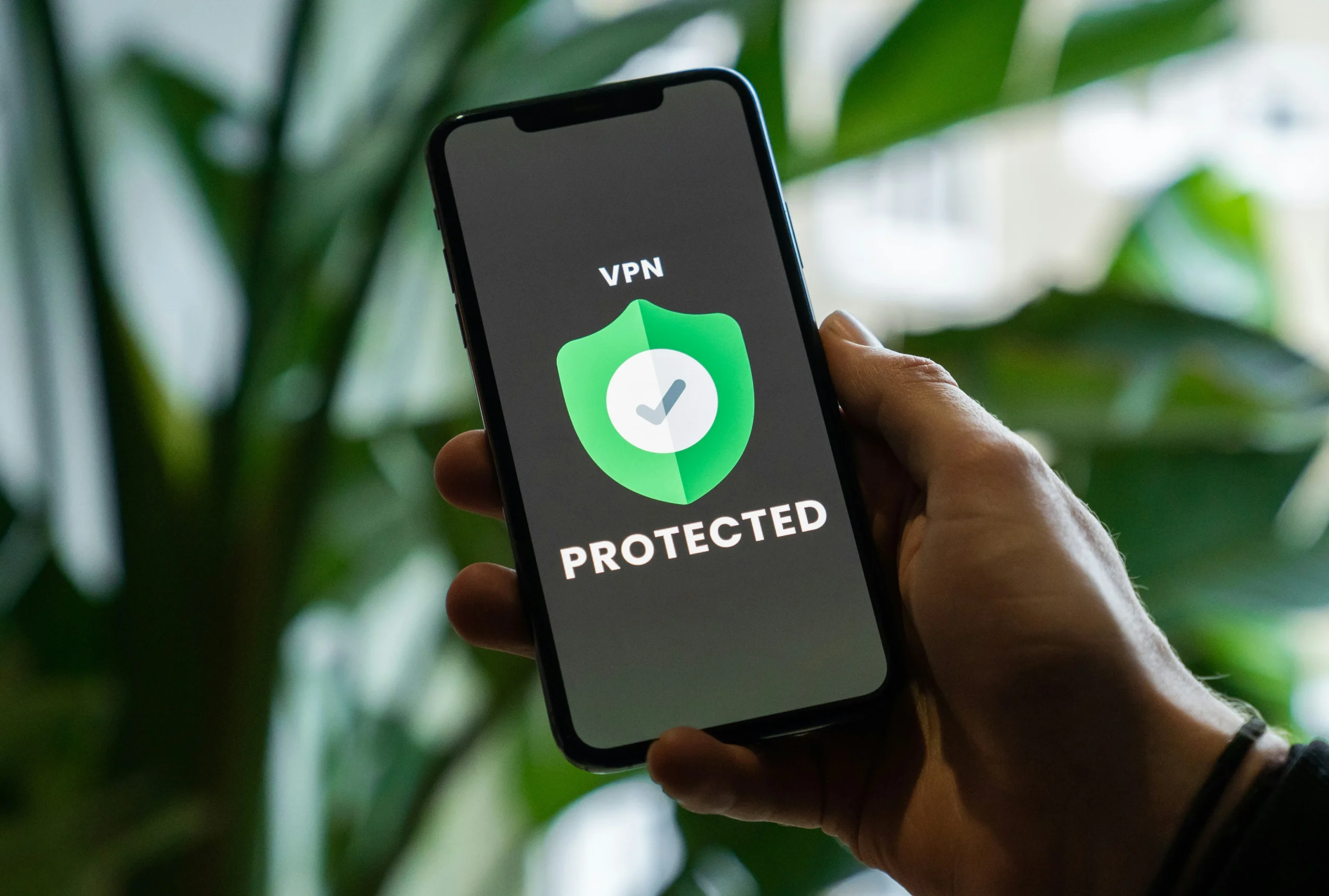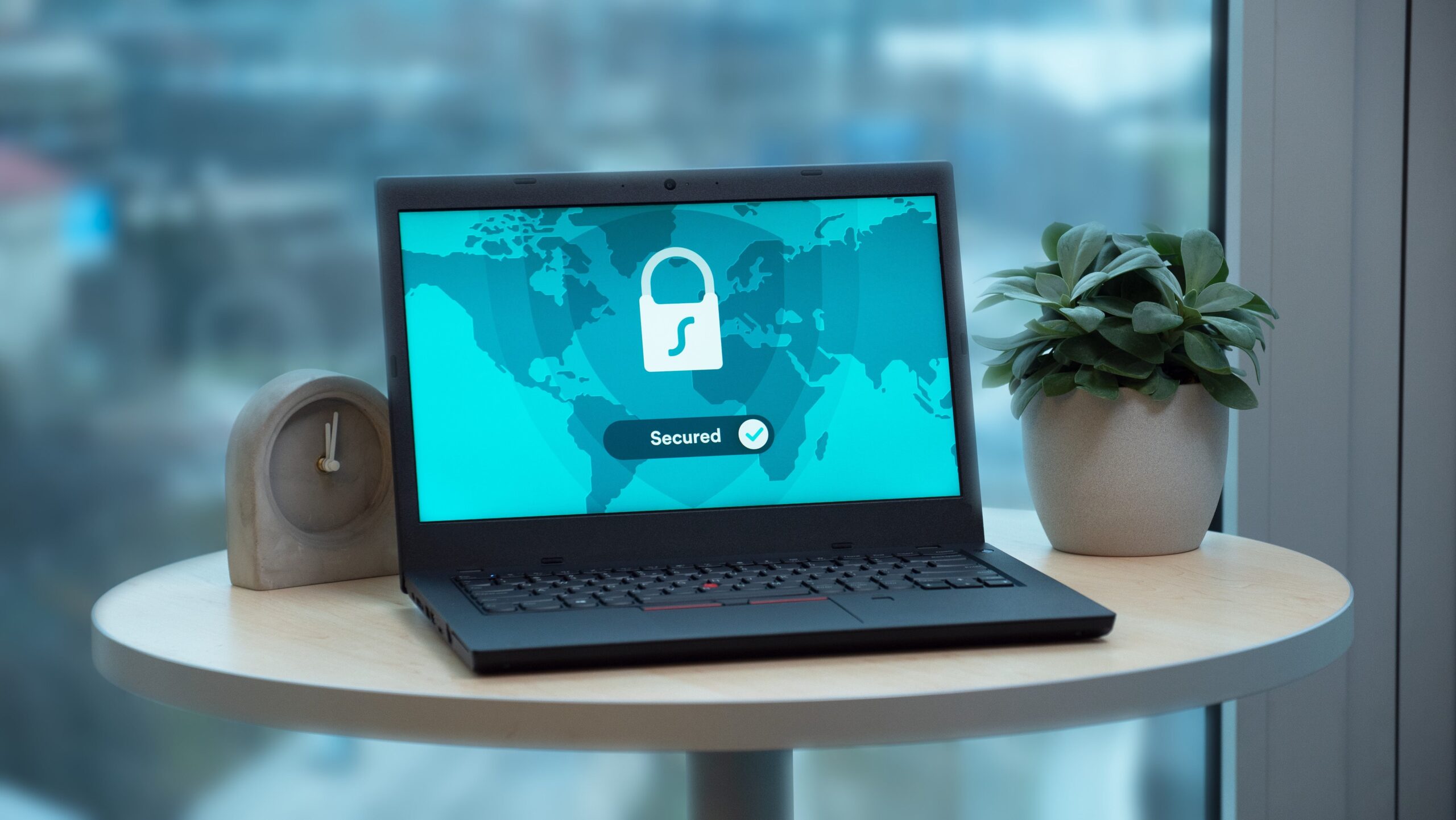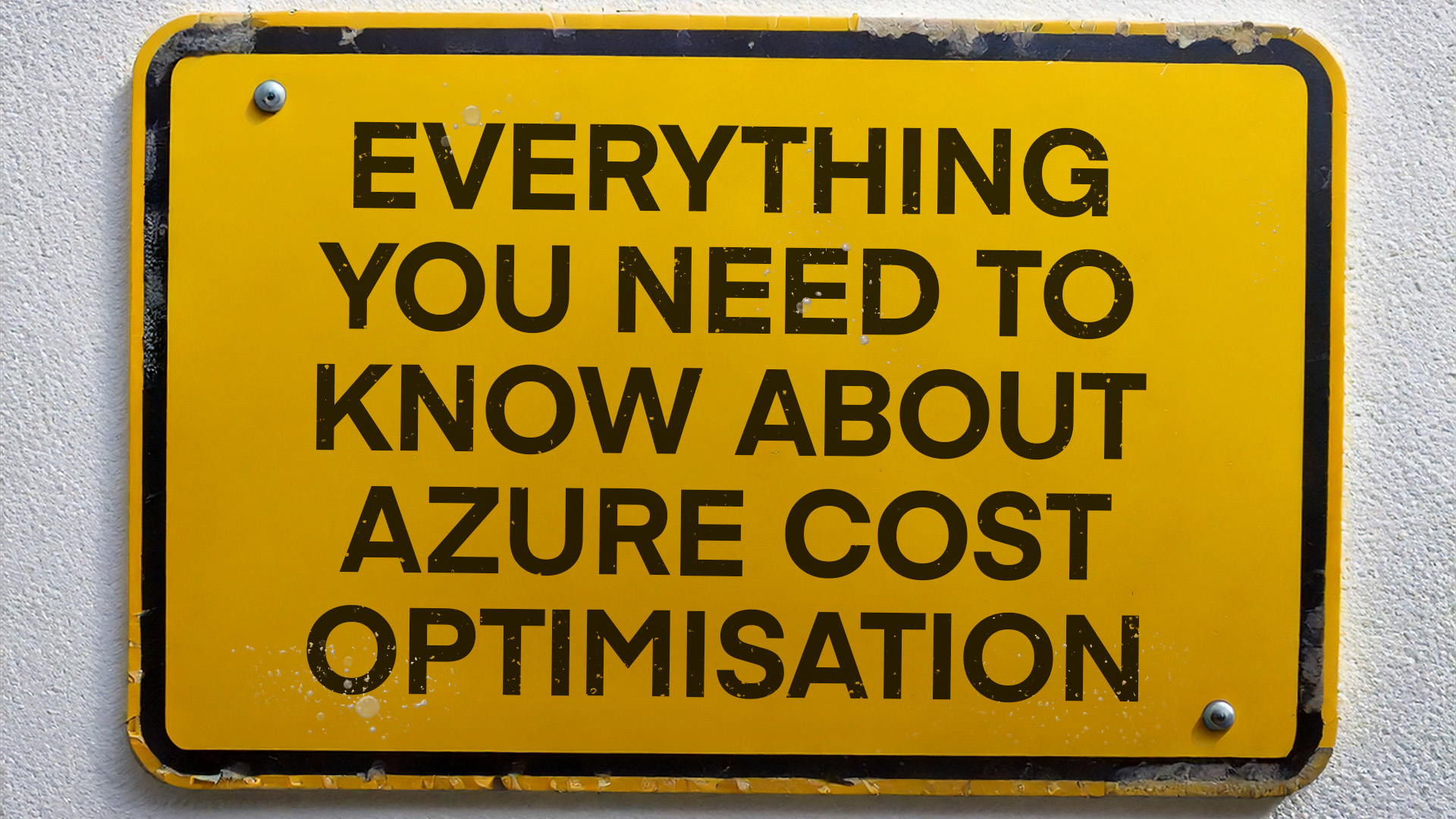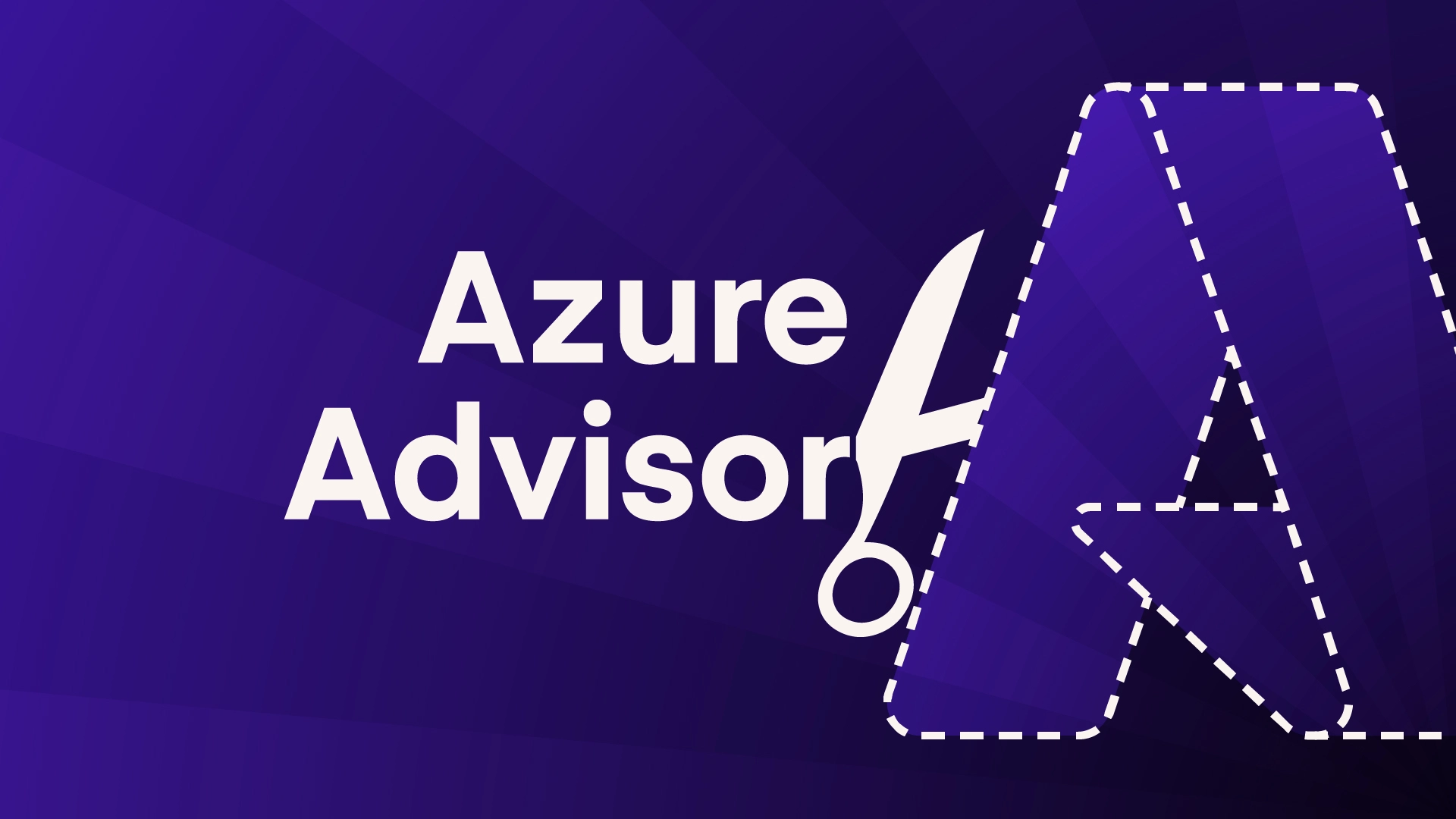VPNs have been used by larger corporations for a number of years now, allowing them to transfer secure and sensitive information across the Internet. However, personal VPNs (Virtual Private Networks) are becoming increasingly popular, as more and more people realise how vulnerable we can be when browsing online. Read on to find out how VPNs keep you secure.

What are VPNs?
“A VPN, which stands for virtual private network, establishes a digital connection between your computer and a remote server owned by a VPN provider, creating a point-to-point tunnel that encrypts your personal data, masks your IP address, and lets you sidestep website blocks and firewalls on the internet. This ensures that your online experiences are private, protected, and more secure. ”
By its very definition, a VPN connection is:
- Virtual because no physical cables are involved in the connection process.
- Private because through this connection, no one else can see your data or browsing activity.
- Networked because multiple devices—your computer and the VPN server—work together to maintain an established link.
– Microsoft
How do VPNs keep you secure?
WhatIsMyIP came up with a brilliant analogy, that perfectly sums up the purpose of a VPN – “a firewall protects your data while on the computer and a VPN protects your data on the web.” So, whilst a firewall protects your data on your PC, VPNs keep you secure by protecting your data once it leaves your computer. This is incredibly important because savvy cybercriminals can intercept your data online and duplicate it, if it’s unprotected.
However, this is difficult for them to do if you are visiting trusted websites that have layers of encryption and use secure transfer protocols, such as HTTPS (You might have seen a green padlock in your browser when using Facebook, Online Banking or similar trusted websites. That’s HTTPS.)
As well as security benefits, VPNs can also allow you to spoof your location, which allows you to get around geo-locational barriers. For instance, a lot of people use a VPN in America to use the BBC’s iPlayer website. However, most free VPN providers don’t offer the bandwidth needed to stream media online. There are however paid-for services that offer superior speed among other features, compared to their free counterparts.

Why is a VPN important to my business?
As more interactions that were previously face-to-face transition online, we lose the security and accountability of a person’s physical presence. So, when you’re paying for an item over eBay or checking your bank balance, you have no idea who is on the other side. Plus, you have no idea who is peering in on your conversation or transaction either. So, with businesses sending out sensitive data to clients, suppliers and staff all the time, it’s never been more important to protect what you’re sending online.
A VPN encrypts your internet connection, ensuring that the data transferred between your devices and the recipient is secure from prying eyes. This is especially crucial for businesses, as it protects sensitive information from potential hackers and cybercriminals who could exploit unprotected networks.
VPNs can also help maintain your company’s reputation by preventing data breaches that could lead to financial losses and legal issues. By securing your online activities, a VPN provides a safer digital environment for your business operations, fostering trust and reliability among clients and partners.
If you want your business to be safer online, get in touch with the Synextra team today to find out more about VPNs. We work hard to provide SMEs with the best Cloud solutions and support.



